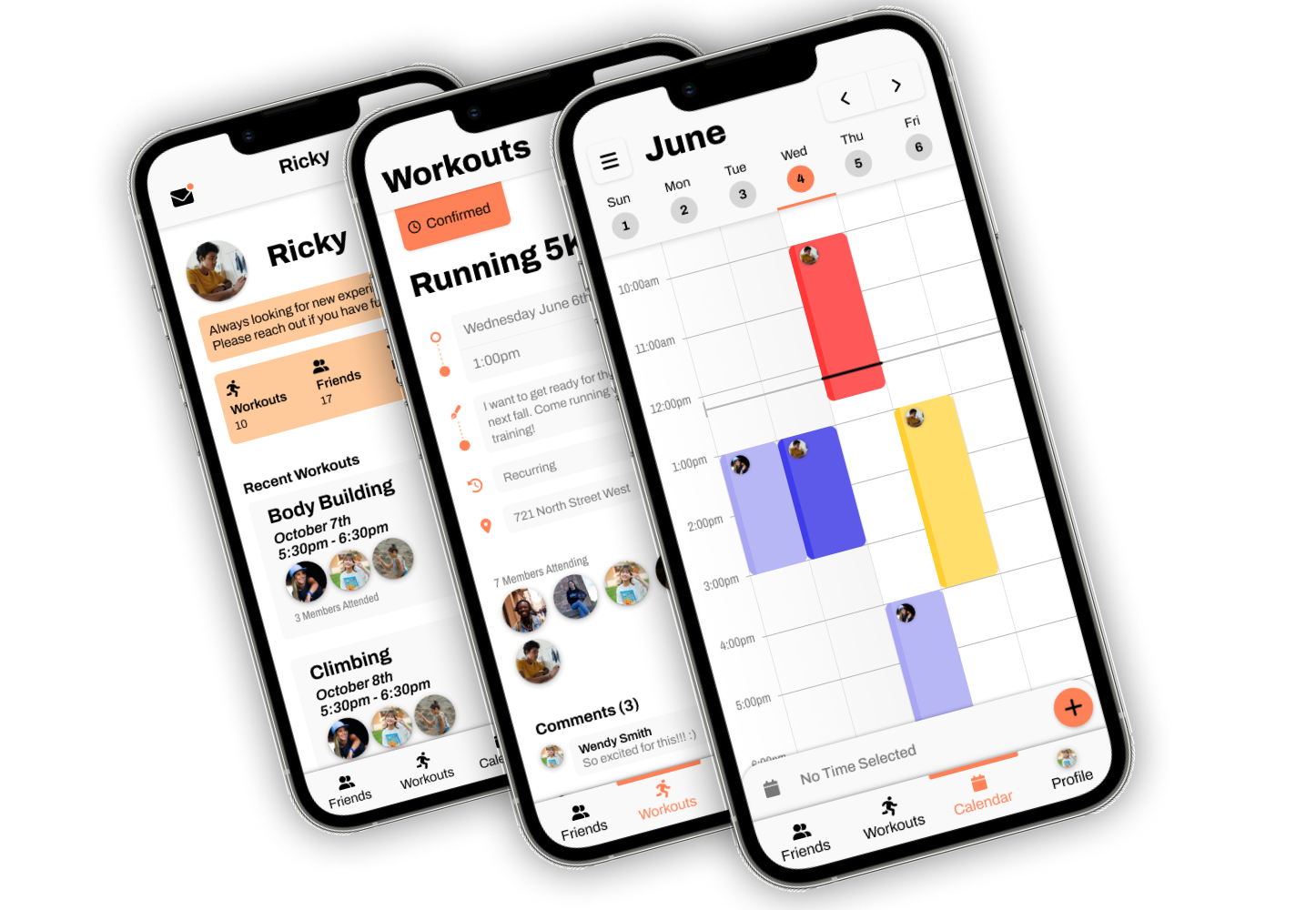UpSkill - a platform that facilitates progress tracking while acquiring new skills or when studying for projects.
The goal of this project was to develop a skill tracker that empowers students and lifelong learners to efficiently organize their learning. This app rewards users for using the program regularly.
The program aims to improve users' ability to acquire resources and enables them to track their growth across diverse professional and personal skill sets. UpSkill fosters a social community where users connect with others on similar learning journeys.
Research Questions
- How do people currently go about learning new skills? What platforms, techniques and methodologies do they take advantage of?
- What are the most efficient ways to teach people new skills and ensure long term improvement within the skill?
- How can individuals effectively reacquire a skill they haven't practiced for an extended period?
- What categories are used to classify people based on their learning styles and skill proficiency when acquiring a new skill?
Competitors

Duolingo
Gamified experience with streaks, badges, and quick feedback loops.

Khan Academy
Clean, child-friendly interface with intuitive progress tracking and interactive lessons.

Coursera
Modular course layouts, clear navigation, and video support for alternative learning styles.

Skill Share
High-quality visuals and a community-driven layout cater to artistic learners.

Codeademy
Real-time coding in split-screen with tooltips and progress indicators.
Industry Professional Interview
As part of my research during this phase of the project, I contacted an industry professional who had experience designing training content for sales teams.
Question
"How do different learning styles affect how you go about training employees?"
"It's important to span learning over weeks and months rather then have it focused on short term growth."
"We try to provide opportunities for "hands-on learning" rather than just talking about the concepts."
Question
"How do you ensure that the skills learned are retained long after the training?"
"Our team tracks learning with ongoing assessments to demonstrate skill growth. This is done primarily through the use of metrics (your sales have increased by X amount)."
"We have an email-a-day program to deliver knowledge during the 12 months following their training to ensure learning retention."
Question
"How does your company approach the idea of group learning?"
"We do a blend of both self-paced individual learning followed up by group learning."
"We find competition sometimes helps promote learning. We challenge groups vs groups rather than individuals vs individuals. For example, we'll compare the metrics of two different branches within a company."
User Focus Groups
For this phase of the project I conducted focus groups with individuals who were active learners. Users brainstormed their techniques for learning, what goalposts they set, and how they go about picking up a skill.








































